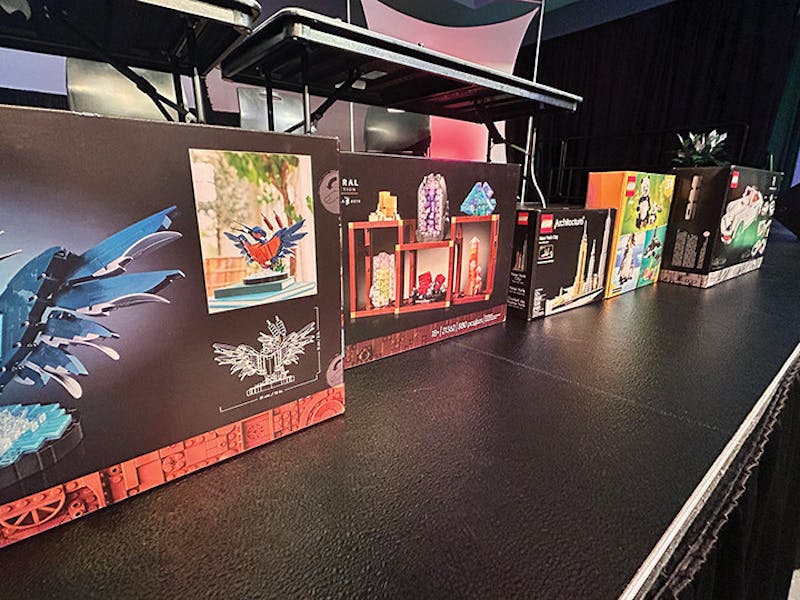One afternoon, as I set my backpack down after my classes, I could feel my mind begin to dwell on a painful situation that I really wished I hadn’t had to endure. It had happened a long time ago, and I had already processed it a good deal. Afterward, I had decided I had sufficiently healed and would do everything in my power to put it behind me. Still, months later, beneath the covers of my dorm bed, I could feel it begin to weigh on my chest as it conquered my thoughts.
I often try to deflect sadness in any way I can. I shy away from listening to sad songs and watching movies with sad endings. I used to proudly recount how many days I had gone since my last fit of crying, as if tears were some treacherous taboo curse. So, in the spirit of an old habit, I immediately clenched my teeth and rehearsed my breathing exercises, shooing the thoughts away.
“No,” my mouth begged my brain like a mother coaxing her toddler out of a meltdown in the grocery store. “Please don’t do this right now. We cannot afford to let this happen to us anymore. This pain detracts from all of the progress I have made. If I give into this, it will only prove that the work I have devoted to healing has amounted to nothing. This pain is not welcome.”
I tried listing all of the wonderful things in my life that I could appreciate rather than feel sorry for myself. However, the pain refused to be silenced, growing sharper and more vivid. Eventually, I let the toddler in me take over. I sobbed and tossed and turned and let the hurt happen. I took several swigs from my water bottle in between shaky deep breaths. I succumbed to the sadness, releasing my white-knuckled grip from the helm of my heart as I let it steer my ship for a while.
After coming down from the pain’s peak, it was then that I could relish in the happier things in my life. I did some diligent journaling, tuned in to my best friend’s radio show and continued reading a very captivating book (I strongly recommend “Daisy Jones and the Six”). If I hadn’t acknowledged my emotions, these would only be distractions. I would keep the hurt tucked away as I went about my day, maybe even letting it seep into my decisions or interactions with others.
However, I felt more at peace knowing I had arrived at the calm after the storm. Picking up the pieces is my favorite part. I blow my nose and splash some warm water onto my face. After unearthing my feelings, I then felt more balanced, realizing that I cannot be in touch with my emotions if I continue to run from them.
Science has proven that crying can have many physical benefits (Healthline). Crying for long periods of time releases endorphins, which help ease both physical and emotional pain. While reading, my roommate, who had overheard me from another room, texted me to ask if I was okay. I told her I was, and I beamed knowing I meant it.
Though feelings are sure to arise sometimes, there is no need to instantly assign meaning to each individual feeling. We are not required to scramble to explain ourselves as to why we feel a certain way before allowing ourselves to feel it. I have accepted that, occasionally, I will have feelings that I cannot interpret at the moment, but I know it is my responsibility to acknowledge them. I have a favorite quote from the series “Fleabag”: “Women are born with pain built in.”
To me, crying can be seen as an analogy for the entirety of the healing process: it hurts a great deal while you are in the midst of it, however, you are rewarded with a sensation of clarity after you’ve reached that summit and dealt with it. But only you have the power to initiate that growth. And, much like the moon, we must feel phases of emptiness in order to feel full again.
I promised myself that from then on, I would embrace my feelings whenever they would begin to brew. I know there is no reason to fear these feelings, because they are evidence that I am alive. It's okay to have a heavy heart, because that's how you know something is there. While it can get ugly sometimes, it is such a gift that we have the ability to feel emotions so strongly. To neglect that ability is to deter the healing. Pain does not set back the process; it is integral to the process itself.



The Slate welcomes thoughtful discussion on all of our stories, but please keep comments civil and on-topic. Read our full guidelines here.